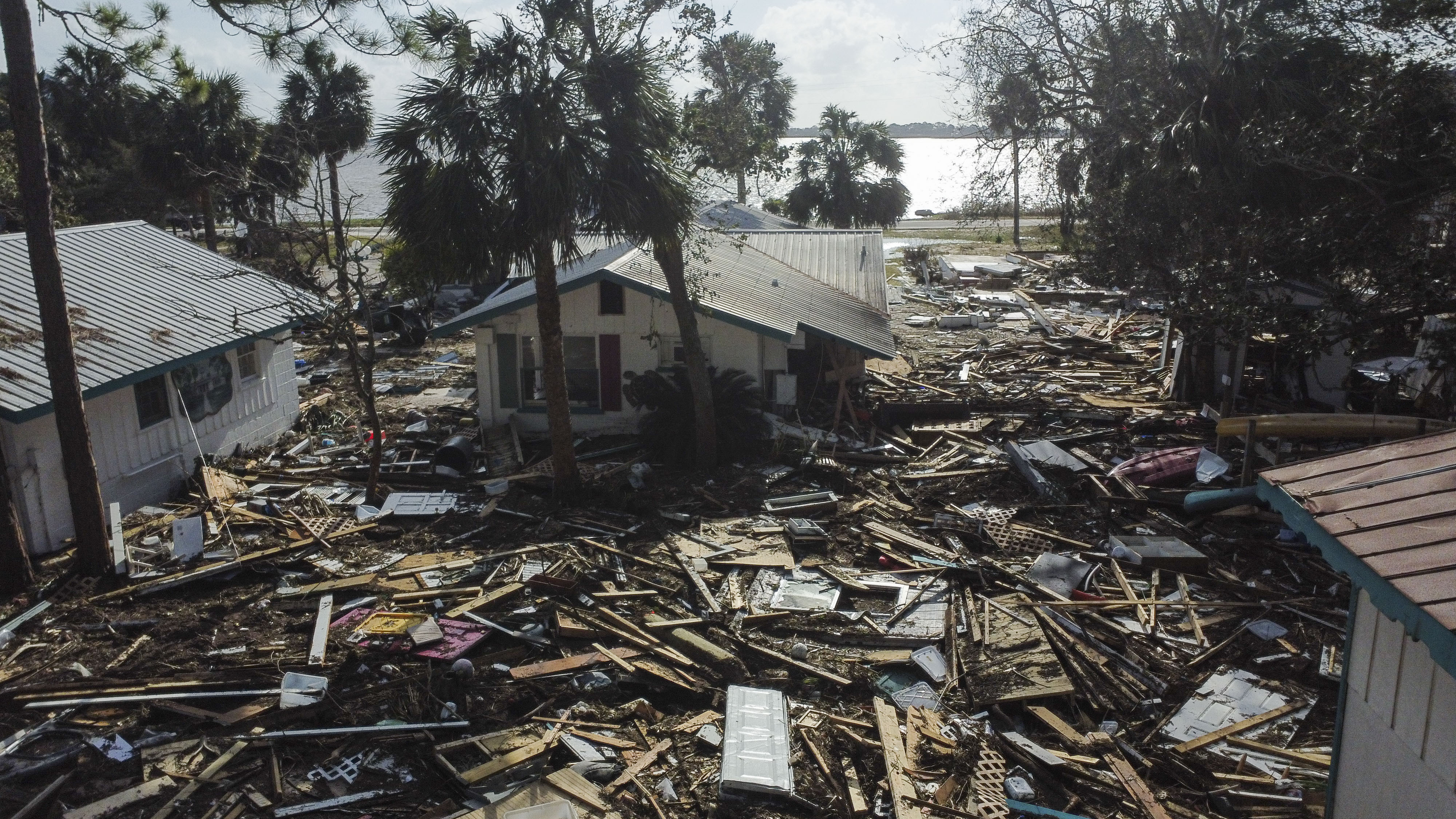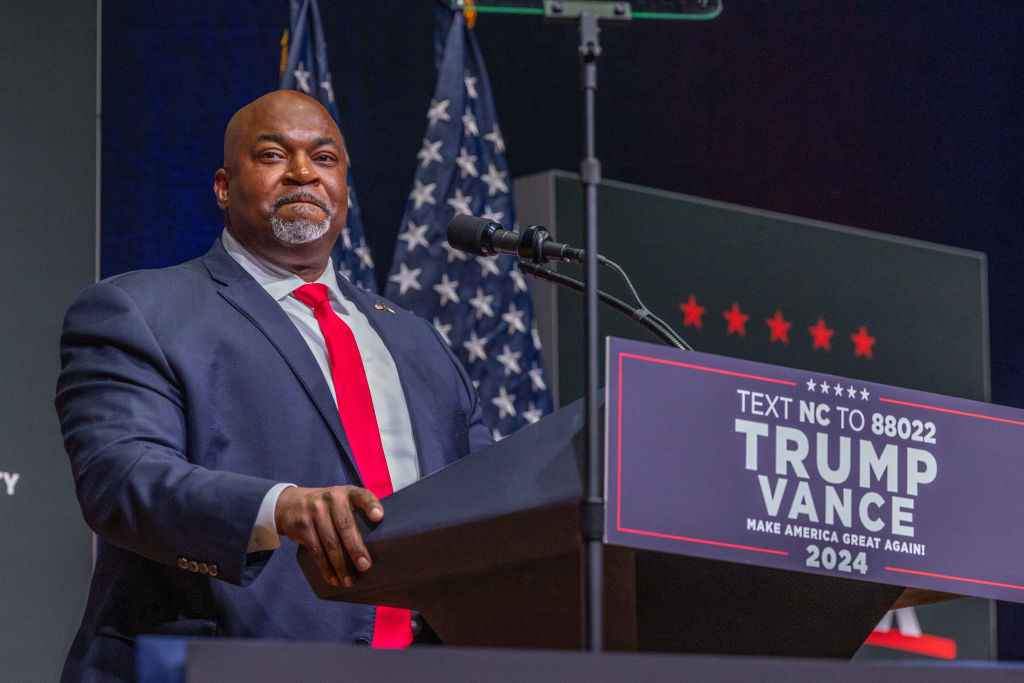
Israel said Saturday that it killed Hezbollah leader Hassan Nasrallah, dealing its most significant blow to the Lebanese militant group after months of fighting. There was no immediate confirmation from Hezbollah.
If the claim is true, Nasrallah is by far the most powerful target to be killed by Israel in weeks of intensified fighting with Hezbollah. The military said it carried out a precise airstrike on Friday while Hezbollah leadership met at their headquarters in Dahiyeh, south of Beirut.
STAY IN THE KNOW
Watch NBC10 Boston news for free, 24/7, wherever you are. |
|
Get Boston local news, weather forecasts, lifestyle and entertainment stories to your inbox. Sign up for NBC Boston’s newsletters. |
NBC News was not able to independently verify Nasrallah's death. No comments or statements from Hezbollah have yet been made.
Hassan Nasrallah will no longer be able to terrorize the world.
— Israel Defense Forces (@IDF) September 28, 2024
Get top local stories in Boston delivered to you every morning. Sign up for NBC Boston's News Headlines newsletter.
Israel’s Chief of Staff, Lt. Gen. Herzi Halevi, said Saturday that the elimination of Nasrallah was “not the end of our toolbox,” indicating that more strikes were planned. He said that the strike targeting Hezbollah leadership was the result of a long period of preparation.
The Lebanese Health Ministry said six people were killed and 91 injured in the strikes Friday, which leveled six apartment buildings. Ali Karki, the Commander of Hezbollah’s Southern Front, and additional Hezbollah commanders, were also killed in the attack, the Israeli military said.
U.S. & World
The Israeli military said it was mobilizing additional reserve soldiers as tensions escalate with Lebanon, activating three battalions of reserve soldiers to serve across the country. The call comes after it sent two brigades to northern Israel earlier in the week to train for a possible ground invasion.
Lt. Col. Nadav Shoshani, an army spokesman, said the airstrike was based on years of tracking Nasrallah along with “real time intelligence” that made it viable. He said Nasrallah’s death had been confirmed through various types of intelligence, but declined to elaborate.
Shoshani said that Israel has inflicted heavy damage on Hezbollah’s capabilities over the past week by targeting a combination of immediate threats and strategic weapons, such as larger, guided missiles. But he said much of Hezbollah’s arsenal still remains intact and that Israel would continue to target the group.
“This isn’t a threat that has gone away,” he said.
Shoshani said it is “safe to assume” that Hezbollah will retaliate and that Israel is on “high readiness.”
But he said Israel hopes the blow to Hezbollah will change the course of the war.
“We hope this will change Hezbollah’s actions,” he said. “We have been looking for solutions, looking for a change in reality that will bring our civilians home,” referring to the approximately 60,000 Israelis who have been evacuated from their homes along the Lebanese border for almost a year. Earlier this month, Israel's government said halting Hezbollah’s attacks in the country’s north to allow residents to return to their homes is an official war goal.
Shoshani declined to say what munitions were used in the strike or provide an estimate on civilian deaths in the strike, only saying that Israel takes measures to avoid civilians whenever possible and clears strikes ahead of time with intelligence and legal experts.
If correct, Nasrallah’s death is a “historical moment,” said Orna Mizrahi, a senior researcher at the Tel Aviv-based think tank Institute for National Security Studies and former intelligence analyst for the Israeli military and prime minister’s office. “This doesn’t mean that Hezbollah is destroyed, because Hezbollah is made up tens of thousands of people,” she said.
Mizrahi noted that Nasrallah was sometimes a “voice of reason,” interested in engaging Israel in a war of attrition and holding the militant group back from using the full force of their formidable arsenal against Israel. If Nasrallah has been removed, that could prompt some less senior members of Hezbollah to unleash much stronger weapons than have been used in the nearly yearlong exchange of hostilities between Hezbollah and Lebanon, she said. The biggest question mark right now, though, is how Iran will respond, said Mizrahi.
Mizrahi added that Nasrallah's reported death could provide a window of opportunity, while the organization is significantly weakened, for Lebanon to dilute Hezbollah’s far-reaching influence, especially in the south, that threatens to drag Lebanon into a full-scale war with Israel.
On Saturday morning, the Israeli military carried out several strikes in southern Beirut and eastern Lebanon’s Bekaa Valley. Hezbollah launched dozens of projectiles across northern and central Israel and deep into the Israel-occupied West Bank.
In Beirut’s southern suburbs, smoke rose and the streets were empty after the area was pummeled overnight by heavy Israeli airstrikes. Shelters set up in the city center for displaced people were overflowing. Many families slept in public squares and beaches or in their cars. On the roads leading to the mountains above the capital, hundreds of people could be seen making an exodus on foot, holding infants and whatever belongings they could carry.
At least 720 people have been killed in Lebanon over the past week from Israeli airstrikes, according to the Health Ministry.



